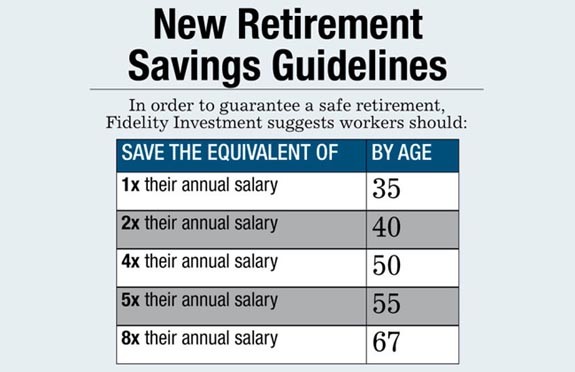Do You Benchmark Your Net Worth Retire By 40
Post on: 18 Апрель, 2015 No Comment

I love updating our net worth and seeing it grows. The growth means we are getting closer and closer to true financial independence every year. If you’re not keeping track of your net worth, you really need to start. Seeing your net worth grows is a great motivator and it doesnt take much time to calculate.
Net worth = Assets – Liabilities
Assets. Your assets include bank accounts, certificates of deposit, stocks, bonds, mutual funds, real estate holdings, 401(k), IRAs, and businesses. Optional – personal properties such as cars, jewelry, and collectibles.
Liabilities. Basically, your debts. Car loans, mortgages, credit card debts, and business loans fall into this category.
The easiest way to keep track of your net worth is to use an online aggregator such as Personal Capital or Mint. Those sites will give you quick overview of your finance whenever you login. If you’re concern about security, then go with the basic Excel spreadsheet or Quicken.
Benchmark your net worth
If you have been reading Retire By 40 for a while, you’ll know that I update of our net worth every month and compare the gain with the S&P 500 index’s. However, is this the best way to measure our net worth growth? A few weeks ago, a reader commented as follows.
You can’t compare your portfolio’s performance with the S&P if you include money that you add to the portfolio. What value is that metric and how would you use it? You aren’t really comparing the performance of your holdings versus the S&P index (or any other) if you count money added, because those indices don’t get to “add money” (though they do count dividends reinvested which is not the same thing)
Okay, I see his point. This year we aim to invest at least $50,000 in our tax advantaged accounts and that will give our net worth a boost. On the other hand, our asset allocation isn’t 100% stock so we are bound to lag the S&P 500 index during the bull years. So using the S&P 500 index to bench mark our progress really doesn’t make a lot of sense from the pure financial sense.
However, I still think it’s a good idea to benchmark our net worth to something and the S&P 500 index is the most convenient thing for me to compare to. After all, stock is the biggest part of our net worth.
Anyway, I’d like to see our net worth grows 5 to 10% every year. The S&P 500 index return about 7 to 12% over the long term so it’s around what we’re shooting for. I guess I could take International stocks, interest rate, and the housing market into the equation, but that’s making it way too complicated. The S&P 500 Index price is very easy to find and it’s a good target for us. We’d be in great shape for full retirement in 15 years if we can increase our net worth 7% every year.
Alternative Benchmarks
Personally, I think it’s a little boring to keep track of your net worth and not benchmark it. You just see the number increase, but the competitive spirit will be missing. If you don’t like to use the S&P 500 index, what else can you use to check your progress? I did some research and here is what I found.
Age and Income Median Net Worth
You can compare your net worth against people your age and income at CNN Money. The problem with this method is the Median net worth is quite low. I’m pretty sure 99% of our readers are doing much better than the Median. It’s nice to see that we’re way ahead of the game, but ultimately not very useful.
The Millionaire Next Door Formula
Here is the net worth guideline from The Millionaire Next Door. One of the classic personal finance books, by the way. If you haven’t read it, check it out from your local library.
Net worth = Age * Pretax income ÷ 10
The problem here is this formula doesn’t work well if your income fluctuates. In my case, my income increased until I quit my engineering career. Now it’s lower and I’m sure it will be quite volatile in the coming years. When we retire full time at 55, our income would drop again. Should I pick the highest number and use that? This is a nice benchmark if you’re in a steady career with salary that steadily grows as you age. This formula doesn’t really work for me as you can see from the table. Also, the net worth results is a bit low.














